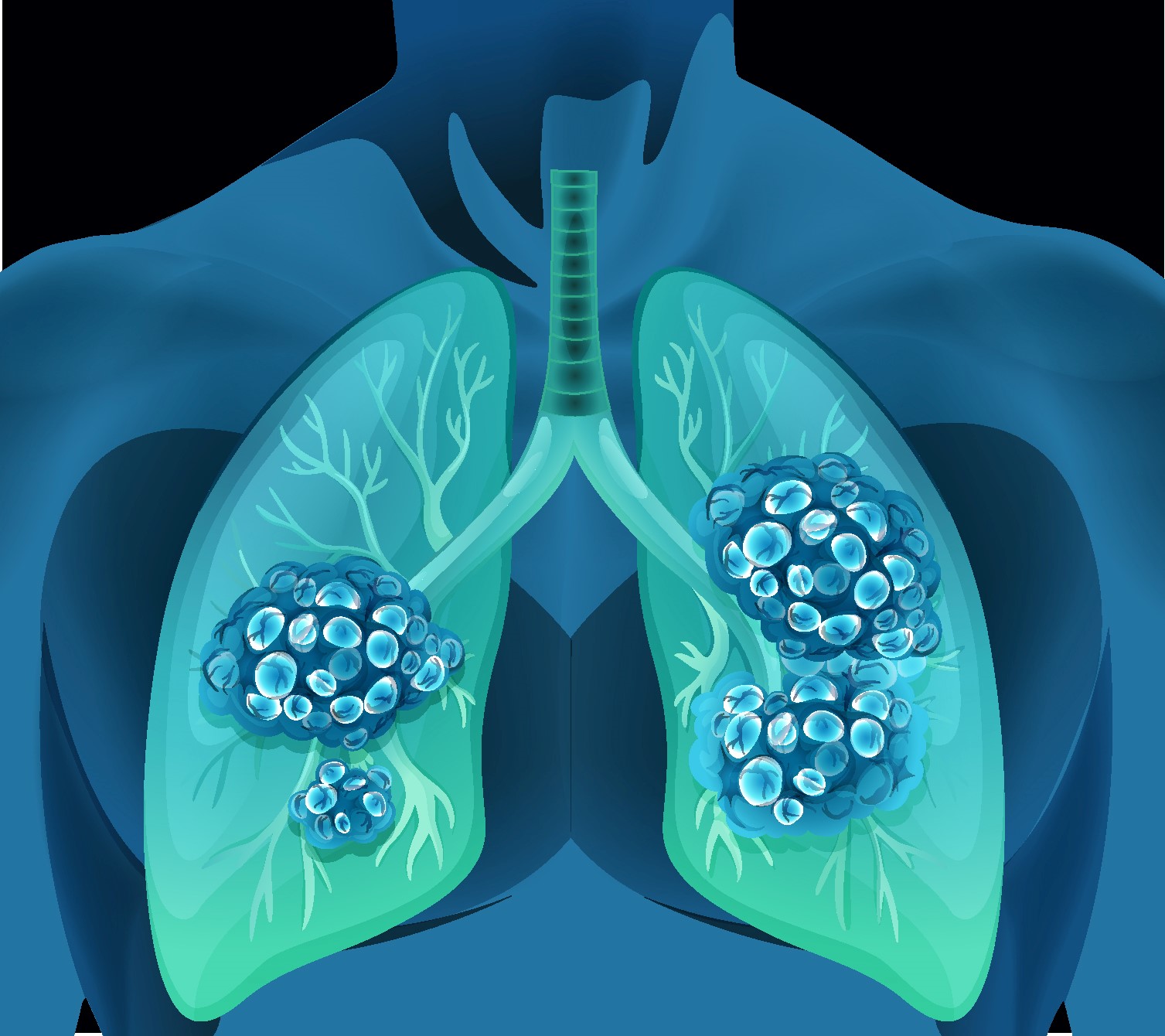Immune checkpoint inhibitors (ICIs) are the standard treatment for non-small cell lung cancer. The unique adverse events that can arise after treatment with ICIs are known as immune-related adverse events (irAE). As the number of cases under treatment with ICIs increases, new types of characteristics of irAE have emerged. This case report suggests that IgG4-related pleural disease could occur as an irAE.
A 64-year-old man was diagnosed with pulmonary adenocarcinoma stage IIIB. Following concurrent chemoradiotherapy, durvalumab was administered every two weeks. The patient complained of dyspnea on effort 4 months after the initiation of durvalumab therapy. Chest CT scans showed mild bilateral pleural effusion 4 months after the initiation of durvalumab therapy, and the amount of pleural effusion increased further at 7 months. Durvalumab was thought to be a potential cause of pleural effusion and was withdrawn after 13 courses of administration over 7 months. The level of serum IgG4 was 2750 mg/dL. The levels of IgG4 of the pleural fluids were 2790 mg/dL on the right side and 2890 mg/dL on the left side at 7 months. Microscopic examination of the pleural biopsy revealed lymphoplasmacytic infiltration with storiform fibrosis. Immunohistochemical examinations showed that the number of IgG4-positive cells was > 20/high power field and the percentage of IgG4-positive to IgG-positive plasma cells was > 50%. Oral prednisolone at a dose of 30 mg/day was initiated, and remarkable clinical improvements were achieved. After 4 months of prednisolone therapy, the level of serum IgG4 decreased to 370 mg/dL and chest CT revealed the disappearance of bilateral pleural effusion.
This was a case of IgG4-related pleural disease in a patient with pulmonary adenocarcinoma under durvalumab treatment. To our knowledge, this is the first case report of IgG4-related pleural disease as an irAE. It is important to consider the possibility of IgG4-related pleural disease in cases of pleural effusion during the treatment with ICIs.
IgG4-related pleural disease in a patient with pulmonary adenocarcinoma under durvalumab treatment: a case report.


